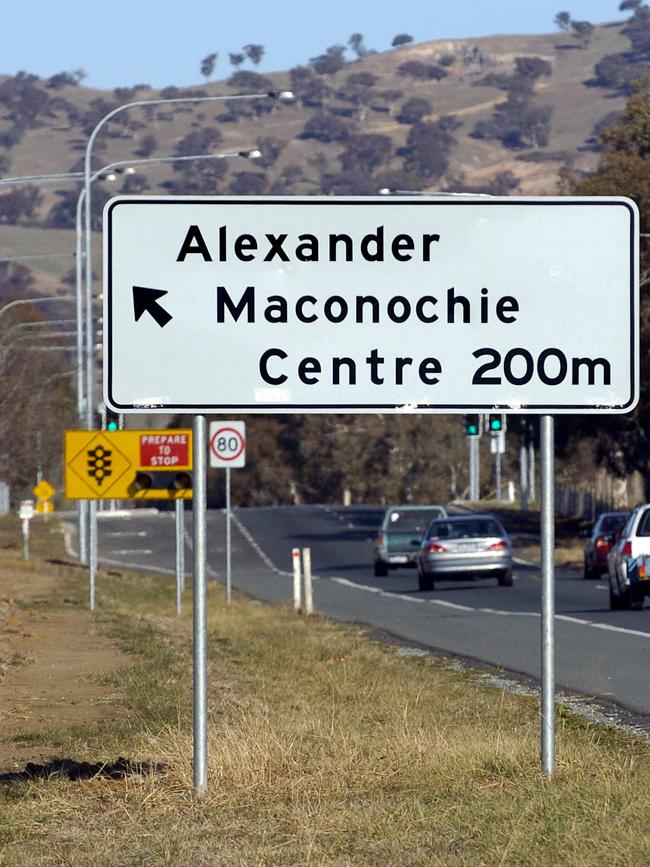Sharon Stott, 58, granted bail by ACT Supreme Court amid fears of coronavirus outbreak in Canberra’s jail
A Supreme Court judge has granted bail to alleged underworld figure Sharon Stott amid a feared coronavirus outbreak in Canberra’s overcrowded jail.

Canberra Star
Don't miss out on the headlines from Canberra Star. Followed categories will be added to My News.
- ‘Life is changing’: Canberra records 13 new coronavirus cases
- Former Canberra tennis coach guilty of molesting young girls
- ‘Rot, you bastard’: bus driver jailed over child sex crimes
A Canberra woman due to stand trial over allegations she used an alleged bikie associate as hired muscle in a vicious underworld bashing has been granted bail because the ACT’s prison authorities have banned visitors from the national capital’s only jail.
Sharon Ann Stott, 58, appeared in the ACT Supreme Court by video link from the Alexander Maconochie Centre on Monday, where her barrister, Steven Whybrow, argued Stott would be safer from coronavirus if allowed to live at home in Kambah under conditions that amounted to virtual house arrest.
Mr Whybrow said the prison was “a land-based cruise ship, effectively” and said the overcrowded conditions prisoners are kept in would see the virus spread quickly through the jail if an infected person ended up inside.

“What we’re talking about is bail on strict conditions,” he said.
Justice Michael Elkaim suppressed most of the reasons why crown prosecutor Anthony Williamson said Stott should be refused bail but said Canberra’s notoriously violent and overcrowded prison did not compare to a cruise ship.
“(Stott’s) counsel referred to the (prison) as a cruise ship, no doubt because of events that have taken place on cruise ships around the world,” Justice Elkaim said.
“Other than the presence of a number of people in a confined space, I can see no other similarity between the (prison) and a cruise ship.”
Stott is due to face trial before a judge alone in May, and is accused of having her bikie-linked associate, David Evans, take out an brutal bashing on her behalf.
If Stott were granted bail, she would be living within 500m of her alleged victim, Mr Williamson said.
It was speculative, Mr Williamson said, to say Stott was at more risk of contracting the virus in jail than in the community.


Mr Williamson also said Stott had a large German Shepherd which could pose a danger to police or corrections officials visiting her house to check she was there, but Mr Whybrow said the dog had died while Stott was behind bars and she now only had two small dogs at home, both of which spent their days inside.
On Sunday, ACT Corrective Services banned outside visitors from the prison.
The court heard Stott received regular visits from her two children.
Justice Elkaim said prisoners on remand relied on the limited social contact they had from visitors.
Justice Elkaim said he could not say whether Stott was more likely to be infected with coronavirus in jail than if was at home.
Stott was expected to be released from prison on Monday afternoon.
